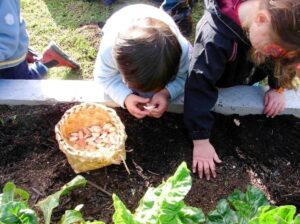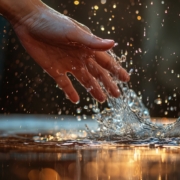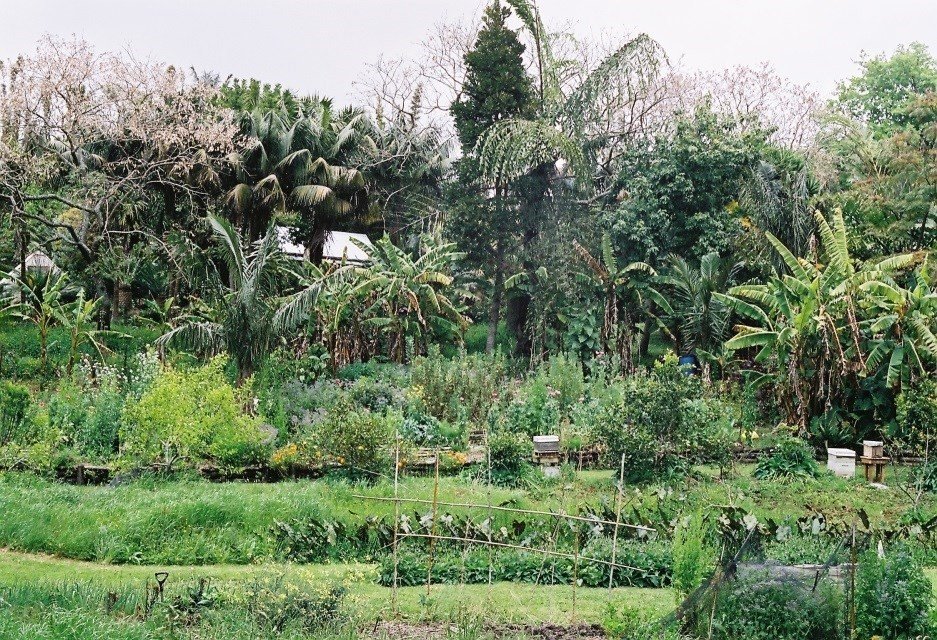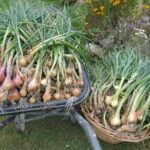Maori organics and Te Tiriti o Waitangi
Long before Europeans arrived on Aotearoa’s shores, Māori were prolific gardeners. Today in Aotearoa many whānau, hapū, iwi and Māori communities are using organic gardening practices to promote self-sufficiency in their whānau and communities.
The Soil & Health Association:
- Encourages the practice of hua parakore – Māori organic growing, across Aotearoa. This is a way for Māori to bring kaupapa Māori to mara kai practices, to reconnect to whenua, tupuna and as way of restoring cultural identity.
- Acknowledges the creation narratives of Aotearoa, and are committed to enhancing them not diminishing them.
- Encourage and support iwi, hapū and whānau to save and use their own local, traditional and heritage seed varieties, to plant a diversity of cultivars and distribute locally adapted varieties of seed.
- Encourage the development of food gardens and gardening education in marae and kura kaupapa / Māori schools.
- See Māori organic gardening and farming as way of fulfilling tino rangatiratanga under Te Tiriti o Waitangi.
- Believe iwi, hapū and whānau have a Te Tiriti right that guarantees their choice of staying free from pesticide pollution and GMO contamination.
- Believe that genetic engineering is a threat to mātauranga (knowledge) located with tangata whenua throughout the different tribal regions of Aotearoa.
- Believe that the use of GMOs in Aotearoa would be a breach to tikanga Māori (Maori protocols), a breach of the Te Tiriti o Waitangi, and a threat to both the health of Māori and the environment.
- Believe that iwi, hapū and whānau have a Te Tiriti right to all of their agricultural Taonga species remaining free from pesticide and GMO contamination.
- Believe there is a need to rebuild diverse rural economies through organics for sustainable jobs for Māori.




